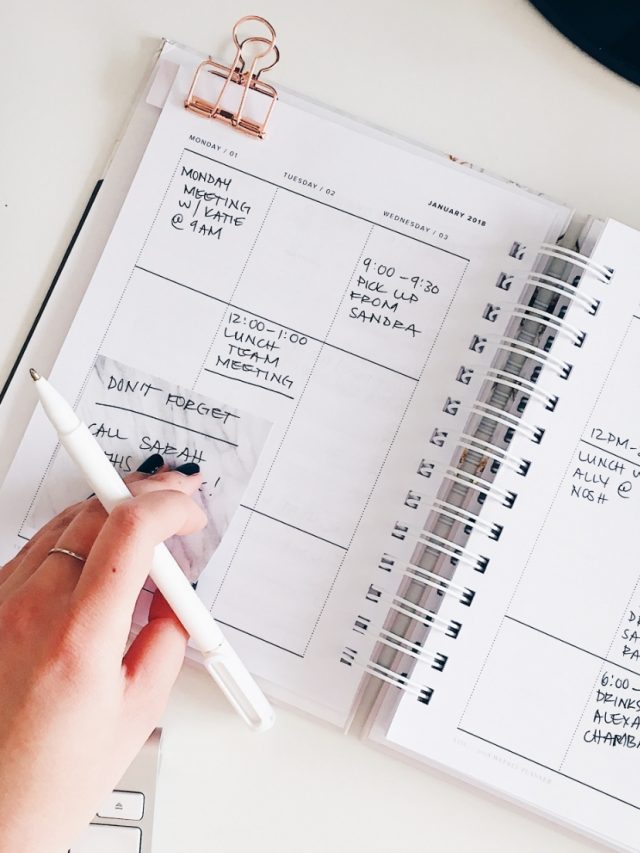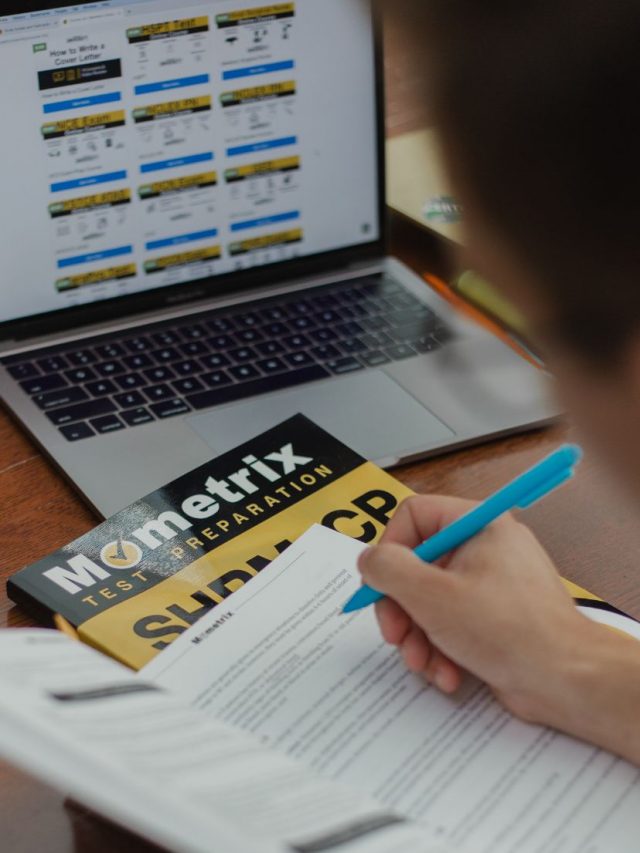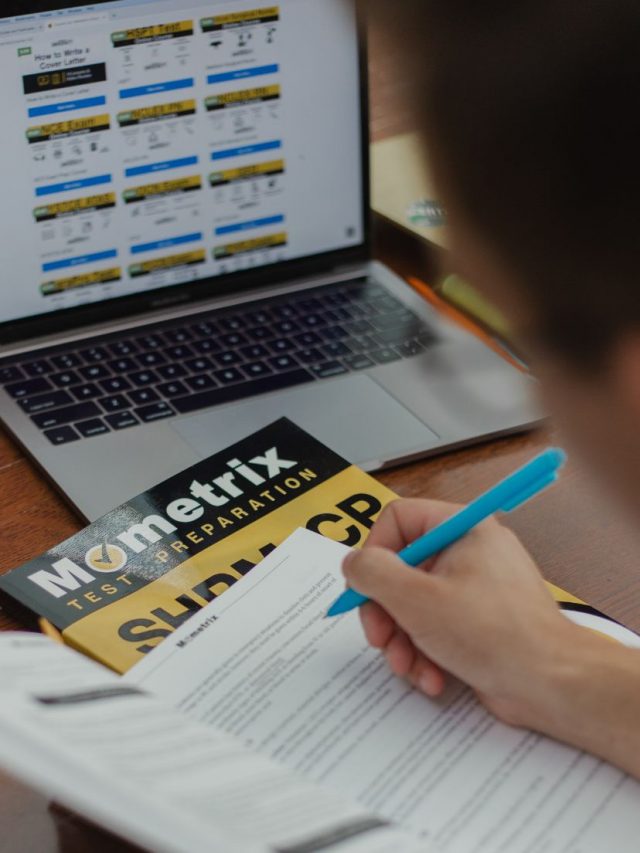The Complete Guide to IELTS Preparation
Table of Contents
When you decide to go abroad for any reason that varies from getting a degree to a job, one of the common tests that everyone needs to pass is the IELTS. As one of the most widely used tests around the world, IELTS can prove to be your ticket overseas. Especially for a country like the UK, as IELTS is the only secure English test approved by the UKVI for visa applications both inside and outside the UK. Although scoring well in the IELTS exam is often considered a tough task, it is not that difficult after all. Just prepare well for it.
Speaking of preparation, we bet the hardest part for you is deciding how to start preparing for the IELTS exam. Keep reading this IELTS preparation guide; you will find everything you need to know to prepare for the IELTS exam.

What is IELTS?
It is one of the world’s most recognized English language tests, which means the International English Language Testing System, which almost every second person who travels overseas must take. Why does it matter so much? Well, simply because this test helps to demonstrate the fact that you are able to understand and also speak English fluently, which is a necessary aspect when you are applying for a trip to an English-speaking country.
Now IELTS exam is of two types one is Academic and the other one is general. They are basically the same IELTS tests, just for the purpose of passing the test and small changes in the syllabus. Where academic IELTS is taken to complete a university degree at a good foreign university, general IELTS is usually taken by people who want to go abroad to complete secondary education, gain work experience or migrate temporarily.
As you may know, IELTS is divided into 4 sections; namely listening, speaking, reading, and writing. Below given are some tips to prepare for all 4 sections.

IELTS PREPARATION GUIDE BY SECTION
Listening:
- In the first recording, you will have to listen to a conversation between two people and answer questions. To prepare for this, you need to familiarize yourself with these accents, and how do you do that? Well, you will have to watch videos, lots and lots of videos. We encourage you to watch Ted Talks or watch conversational debates on the BBC or CNN.
- The second recording is a monologue about the social context and the fourth is a university speech. To prepare for both of these recordings, it is crucial to pay attention to the central idea expressed in the recording. Along with this, you also need to understand what other issues are highlighted in the recording and the way the speaker presents his idea.
- Here again, it is essential for you to understand the main topic of the discussion. In addition, also try to remember the names of the people involved in the conversation and specific references, if any.
- When watching videos to prepare for the exam, try to start with videos with subtitles as this will help you understand them better and thus improve your vocabulary.
- Finally, listen patiently to each recording and try to remember only the most important parts of it. Don’t overload your brain with unnecessary information. Of course, you can only do this with a lot of training.
Speaking:
- In the first task in this section, you have to answer a few simple questions about yourself, such as family, hobbies, aspirations, etc. So the tip here is to give quick, elaborate answers, but at the same time not to gossip too much.
- For the second task, you have to speak on the given topic for about 2 minutes. Here, try to simply communicate what you understand about the topic. Use facts to support your answer, but only those of which you are absolutely certain. Don’t use misleading facts or scams as this could get you into trouble. Be concise, specific, and confident in everything you say.
- The third task requires you to answer the examiner’s questions based on the topic you have talked about. Be sure of what you said in the last task as the examiner may ask you tricky questions to contradict yourself. Don’t fall for it.
- Try not to appear overly excited or even nervous when answering the examiner. Answer calmly and smartly. For questions you don’t know the answer to, try to babble incomplete answers with broken facts. Simply answer if you know, and if you don’t, tell the examiner as well.

Reading:
- In this section, you have to read and answer questions in 3 long passages, each containing around 300 words, so the first thing you need to learn is to speed reading. You can only develop this skill by making a habit of reading a lot and reading before you appear for the exam. Try to understand the passages in the first reading because you don’t have much time to read them again.
- Try to summarize the central idea of the passages in your head. Keep in mind what the author wants to say in the passages and how he builds his argument on that.
- Learn the art of going through the passage as it will help you a lot in finding the answers to each question. Be very specific when writing your answers and be sure of each answer. If not, check again, but try to be as accurate as possible.
- Only then can you score more in this section. Also, work on your vocabulary. After all, you don’t want to get stuck trying to figure out what a certain word in a passage means. The best way to do this is to go through old sample papers or good IELTS books.

Writing:
- In this section you have to complete two tasks; a 150-word description of the given picture or graph & 250-word essay both in 60 minutes, It is smarter to finish the essay first as it will take more time than moving on to the task.
- When writing an essay, make sure that you express the main idea of the essay accurately and very clearly. In addition, create the topic argument smoothly so that each paragraph seems connected to the previous one. You don’t want your essay to come across as a random compilation of facts, but rather as one powerful piece of writing that explains the topic at hand.
- For the first assignment, learn to thoroughly understand graphs and tables. You must clearly understand the idea expressed through the given diagram. Additionally, understand the values listed and build your description by comparing these values. Try not to overextend any part of the description; to keep it accurate and simple. A clear and neat description is what you want to present to the examiner.
- Develop a good vocabulary and increase your typing speed. Completing both tasks in 60 minutes is a challenge and you need to be in the habit of writing to accomplish this. Also, avoid making silly punctuation mistakes or using abbreviations as this can affect your score. Use formal language for the essay.
[Read Also: Studying in the UK Without IELTS]

TIPS FOR PREPARING FOR THE IELTS EXAM:
-
Be prepared
The first and most obvious suggestion for you is to be prepared. Start studying as much as possible before the exam. This will give you enough time to plan your studies before you actually get to them. The more you practice, the more confident you will be on exam day.
-
Get help
You may feel like the smartest Homo Sapien, but IELTS is not the place to test that. It is always recommended to take some form of assistance from professionals who have been preparing students for IELTS for years. If not, you can also enroll in one of the many online courses available online. This way, you can get a professional look and therefore a better score in your exam.
-
Do several dry runs
Practice is your holy grail to score better in IELTS. So today watch good discussions and read the right books. Also, try to solve as many IELTS sample questions as possible. In this way, it will not only help you improve your language, but it will also help you to boost your confidence.
-
Work on your language
To take IELTS, you need to have good enough language skills, and by that, we don’t just mean vocabulary, but rather a combination of good vocabulary and flawless grammar. Also, make sure you know how to use punctuation well because it matters a lot in the writing section. You definitely don’t want to lose marks because of such silly mistakes.
-
Be quick
Well, you probably guessed it. In the IELTS exam, you need to be very fast in reading and answering because there are too many questions and time is important. So whenever you practice, practice timed tests so you can practice completing tests ahead of time. Also in this way you can develop a good typing speed which will be useful in the writing section where you have to write a long essay in a legible font, not like a doctor’s prescription.
-
Substitute no question
A really important pointer to remember is this. You have to try to answer each question even if you are not sure about some places. Why? You ask. Although you may not know it, IELTS does not have a negative marking system. So even if you get things wrong, you won’t lose any marks. So try your hunches as well, who knows some of them can help you get a better score.
-
Don’t Freak Out
Finally, a rather very important tip for you is to keep calm. We know it’s an examination after all, so you have to be afraid. But don’t stress too much because this stress and panic can cost you some of your scores. Especially in the speaking part, you need to appear confident, showing nervousness or panic can be really dangerous for you at that moment. Believe in yourself and your preparation, hope for the best, and give your best without worrying about the result.
IELTS may seem like one tough thing to crack, but it is not that difficult once you prepare well for it. And you don’t have to sweat blood for it either. There’s nothing you can’t do with a properly planned study. Follow the IELTS preparation guide above and spare no effort; we promise that the result will be amazingly amazing for you. We wish you the best in your IELTS preparation.

Read Also: IELTS vs TOEFL vs PTE vs Duolingo: Which test should you take?

















